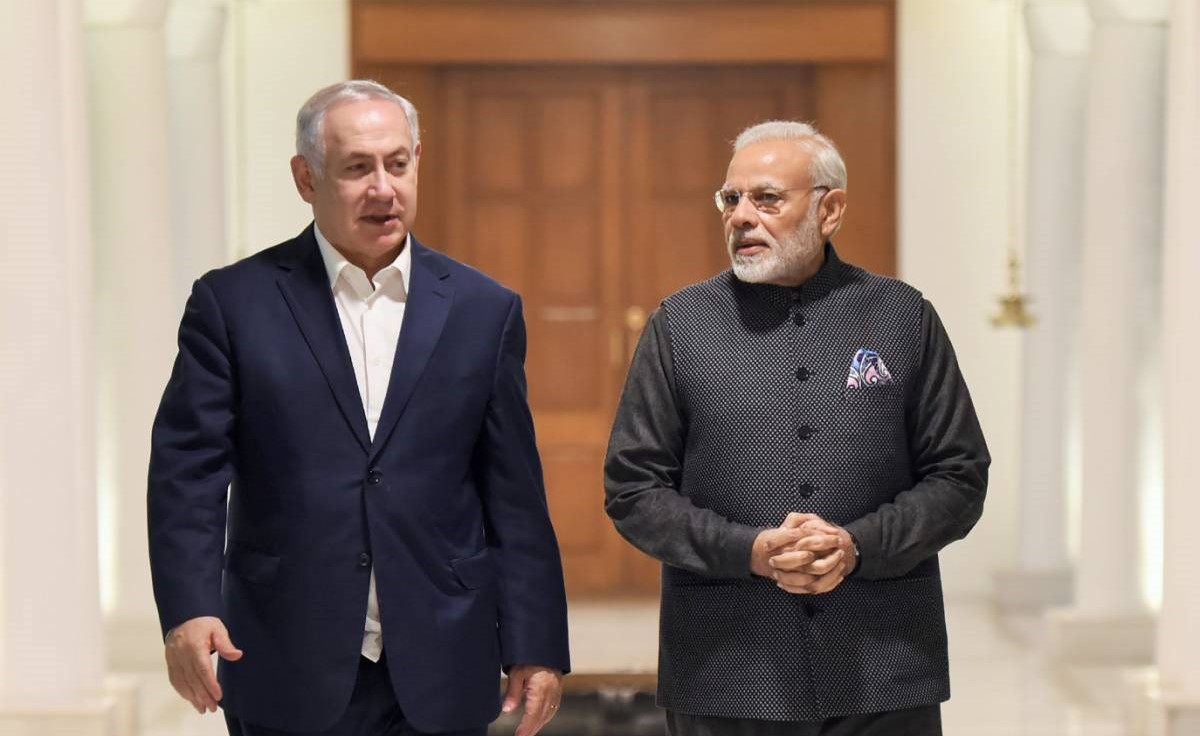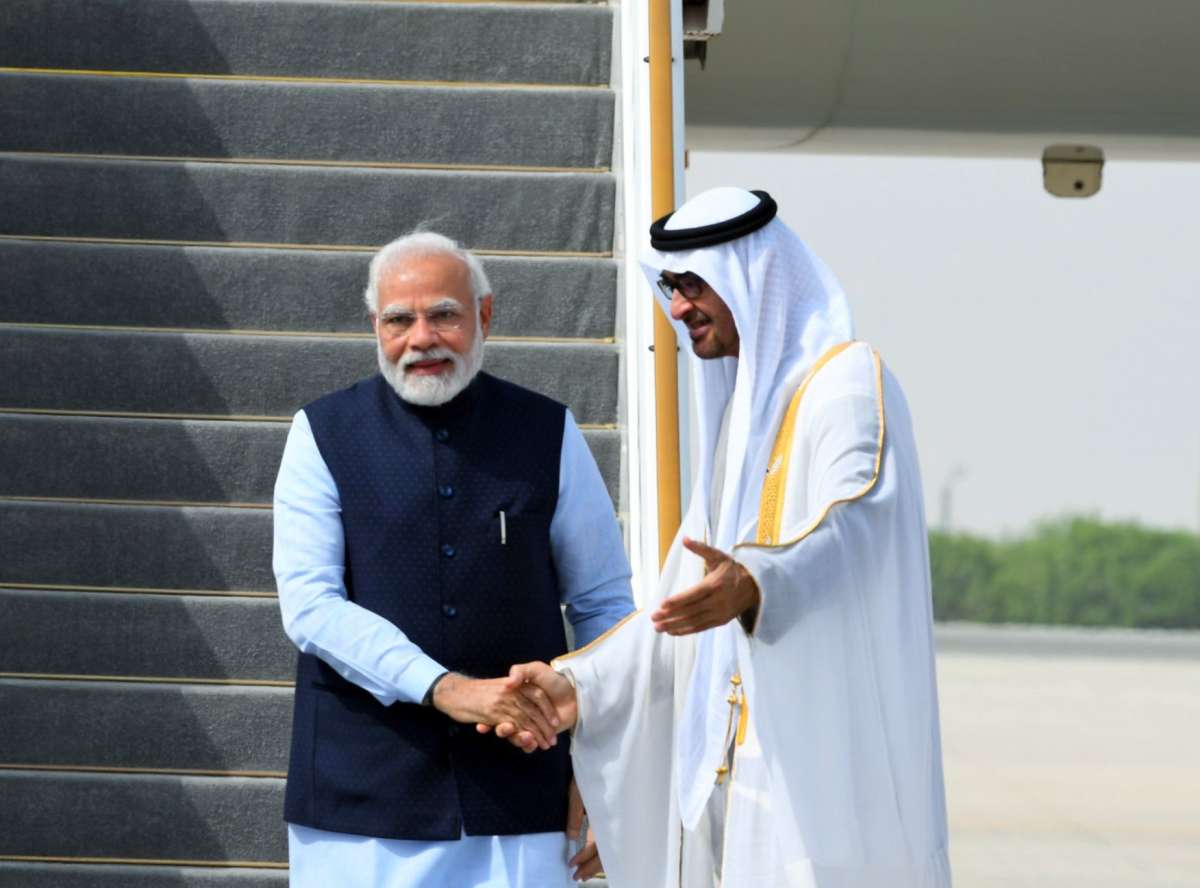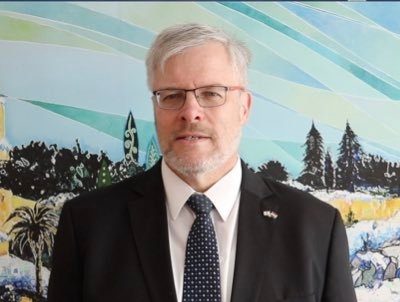
India Stands in Solidarity With Israel: PM Modi
The Indian Prime Minister said he was “deeply shocked” by the news of attacks in Israel. Expressing solidarity with Israel over the rocket strikes launched by Hamas, Prime Minister Narendra Modi said



